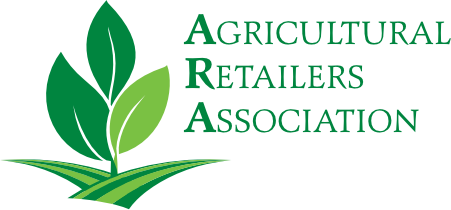Warmer Weather Sparks Specialty Crop Pests...And Customer Calls
Apr 01 2021
Recommend relevant, branded generic products for best integrated pest management practices
As the weather starts to warm, insect numbers – and calls from customers – rise. By partnering now with Atticus, LLC, retailers can help specialty crop growers manage what Mother Nature throws at them this season with integrated pest management advice and relevant crop protection solutions.
“Pay attention to the degree days, pay attention to the weather and pay attention to what's going on out in the field,” said Tanner Lowrey, Atticus area business manager based in Fresno, California. “In my experience as a PCA, any time is relevant to discuss when insects are a problem. But as soon as those degree days start climbing and you start getting 80-plus days, you'll see more aphids, mealybugs and more.”
The best way to help customers evade economic losses from insect pressure is to be sure they adopt an integrated pest management (IPM) plan. Lowrey recommends that retailers go beyond just setting up a spraying schedule and take an all-encompassing approach to combat insect pressures.
According to the University of California Integrated Pest Management Program, six major components should be included in any successful IPM program:
- Identifying pests
- Monitoring pest numbers and assessing damage
- Consulting guidelines to take management action
- Preventing pest problems
- Using a combination of biological, cultural, physical/mechanical and chemical management tools
- Assessing the effects of pest management after the fact
University of California IPM specialists also advise pesticides be used only when needed and in combination with other practices for the most effective, lasting control. That means choosing the best selective product for the pests present and assuring products are safe for other organisms and air, soil and water quality.
“Retailers should consider, in planning out a grower's insecticide use strategy, the prior chemistries that have been applied. You don't want to use consecutive chemistries year after year on things like scale and some of the ant baits that build up resistance over time,” said Lowrey. “If it’s been used in the past, it's not going to be as effective year two or year three. You're just going to see less and less efficacy going forward.”
Atticus offers a wide range of chemistries in its insecticide portfolio to assist retailers and their customers in managing insects and resistance at the same time during the 2021 growing season, such as multiple pyriproxyfen offerings and methoxyfenozide, bifenazate, hexythiazox and etoxazole products.
Atticus insecticides are a critical part of an IPM program that includes flexible application options and optimal mixability. “Atticus keeps on top of what the relevant post-patent chemistries are, providing them to our customers at a reasonable cost and working with retailers to rotate out chemistries they've used in prior years,” added Lowrey.
“We can be an ideal partner for retailers – we have multiple solutions for the issues they’re facing in a wide range of crops at any given time and at the right value.”
Learn more at AtticusLLC.com.
